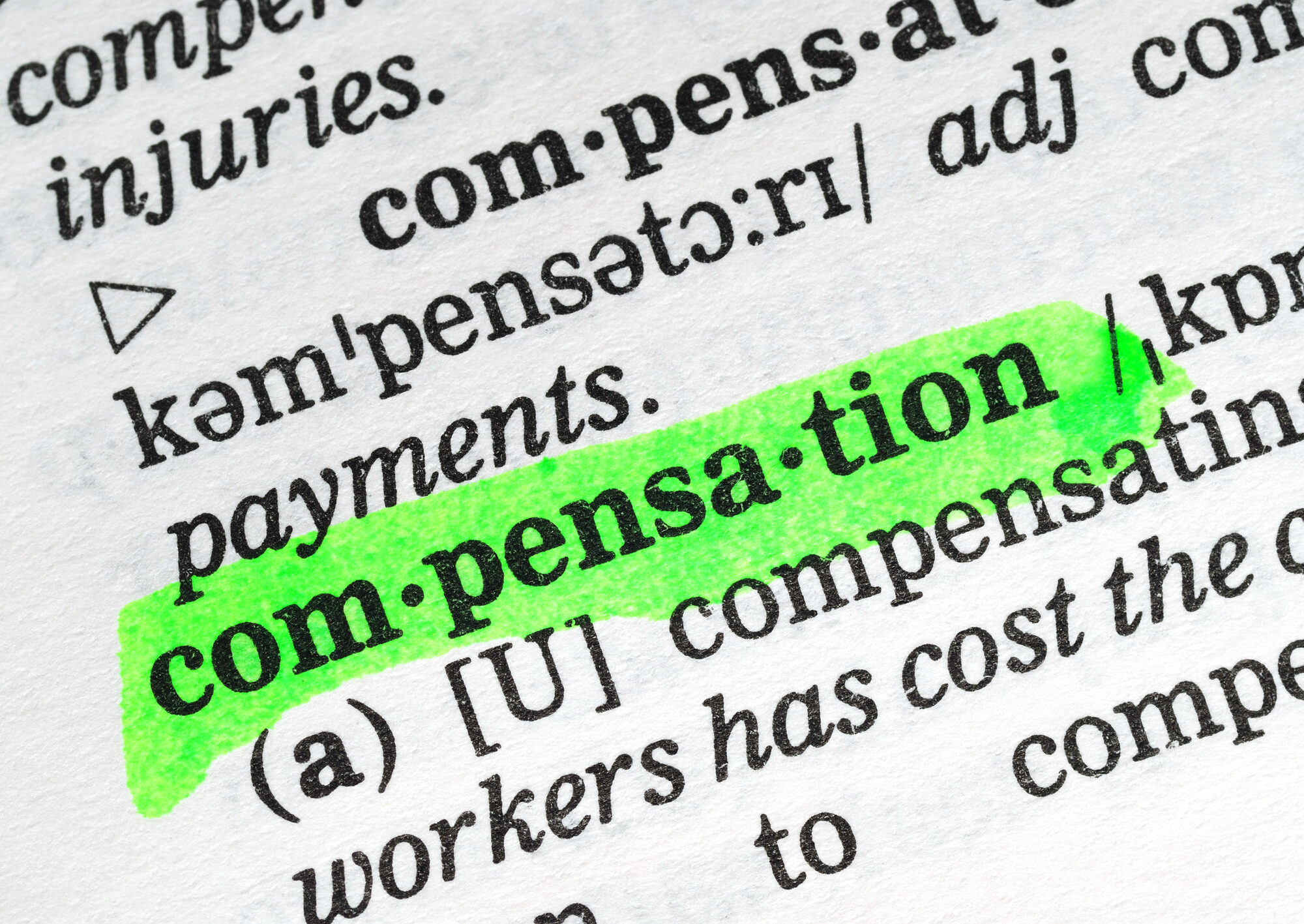In one of the first signs of the coronaviruses’ affect on Ohio’s economy, over 187,000 Ohioans filed for unemployment compensation benefits during the week ending on March 21 according to figures released by the US Department of Labor. These numbers stand in stark contrast to the previous week when only 7,046 Ohioans filed for unemployment.
Across the country, more than 3.7 million Americans filed for unemployment compensation benefits last week – the largest number of claims for a single week ever recorded.
This record-breaking increase in unemployment compensation filings was expected due to the measures being taken to stop the spread of COVID-19 including the public health order prohibiting on-site consumption of food and drink at restaurants and bars across Ohio.
In the Buckeye State, this sharp increase in unemployment compensation filings will quickly drain our state’s already low unemployment compensation trust fund, which only had a balance of $1.3 billion earlier this month. Likewise, projections show the fund can only cover four months of benefits during a normal recession before going insolvent.
For employers, Gov. DeWine’s Unemployment Compensation Executive Order will provide some relief during this state of emergency by holding employer experience ratings harmless and mutualizing the cost of benefits. These actions will help Ohio businesses by preventing an individual employer from facing tax increases due to any potential reduction in their workforce that results from the coronavirus pandemic.
While the unemployment numbers this week begin to show the economic impact of COVID-19 in Ohio, they do not tell the full story since the U.S. Department of Labor’s unemployment report made public today only includes filings made prior to March 21. Ohio’s Stay At Home Public Health Order that required all non-essential businesses to close was issued on March 22, so the impact of the Stay At Home order on unemployment will not be known until next week.
The Ohio Chamber of Commerce will continue to monitor the weekly unemployment compensation numbers during this unprecedented time and advocate for future reforms that put our unemployment compensation system in a better position to withstand economic downturns.
